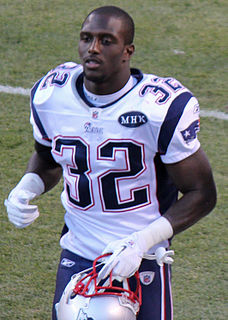A Quote by Winston Churchill
The rhinoceros stood ... about five hundred yards away ... not a twentieth-century animal at all, but an odd, grim straggler from the Stone Age.
Related Quotes
Film is more than the twentieth-century art. It's another part of the twentieth-century mind. It's the world seen from inside. We've come to a certain point in the history of film. If a thing can be filmed, the film is implied in the thing itself. This is where we are. The twentieth century is on film. You have to ask yourself if there's anything about us more important than the fact that we're constantly on film, constantly watching ourselves.
From the moment of birth, when the Stone-Age baby confronts the twentieth-century mother, the baby is subjected to these forces of violence called love, as its father and mother and their parents and their parents before them, have been. These forces are mainly concerned with destroying most of its potential.
Roger stooped, picked up a stone, aimed and threw it at Henry-threw it to miss. The stone, that token of preposterous time, bounced five yards to Henry's right and fell in the water. Roger gathered a handful of stones and began to throw them. Yet there was a space round Henry, perhaps six yards in diameter, into which he dare not throw. Here, invisible yet strong, was the taboo of the old life. Round the squatting child was the protection of parents and school and policemen and the law. Roger was conditioned by a civilization that knew nothing of him and was in ruins.
We are the intelligent elite among animal life on earth and whatever our mistakes, [Earth] needs us. This may seem an odd statement after all that I have said about the way 20th century humans became almost a planetary disease organism. But it has taken [Earth] 2.5 billion years to evolve an animal that can think and communicate its thoughts. If we become extinct she has little chance of evolving another.
The back windows looked out over the fields, then the Atlantic, maybe a hundred yards away. Actually, I'm just making that bit up. I had no idea how far away the sea was. Only men could do things like that. "Half a mile." "Fifty yards." Giving directions, that sort of thing. I could look at a woman and say "Thirty-six C." Or "Let's try it in the next size up." But I had no idea how far away Tim's sea was except that I wouldn't want to walk to it in high heels.











































